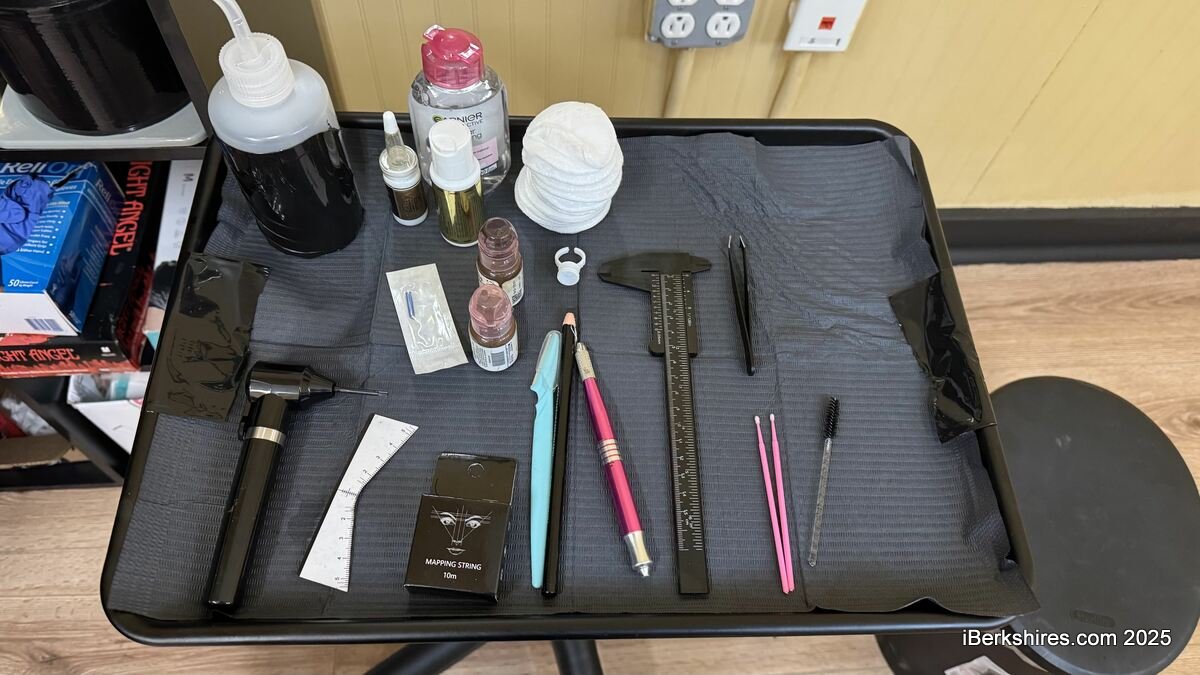Berkshire VNA Ratifies First Contract
PITTSFIELD, Mass. — Unionized nurses and health-care professionals of the Berkshire Visiting Nurses Association have settled a contract after about two years of negotiation.
On Dec. 22, the union represented by the Massachusetts Nurses Association ratified its first contract with Berkshire Health Systems. The vote had unanimous support from members who were satisfied with the contract’s wages and productivity standards.
Members see these components as crucial to preserving staff and quality of care.
"Our goal in forming a union was to have a strong voice in making improvements for our patients and staff and we accomplished that in this contract. We are happy that we were able to get the step scale and some of the productivity language that was much needed. We achieved this through the support of our labor leaders, politicians, and community," co-Chair Tamaryn Clowdus said.
"We are so thankful to everyone. Now we are ready to do the hard work of making sure our contract is implemented correctly. We will use the solidarity we gained through tough negotiations to ensure that going forward our contract is used to help with recruitment, retention, and patient care access."
The more than 40-page contract states that through 2025, the weekly productivity expectation for a full-time employee is 30 units, and for part-time employees, the expectation is prorated based on 40 hours a week.
Productivity standards that went into effect on Dec. 15 include: the equal amount of meeting time being included in the calculation of weekly units (one hour of meeting equals one unit,) travel more than 50 miles equaling one unit, and a revisit remaining equal to one unit.
For 2023, employees received a 2 percent raise. In 2024 and 2025, employees receive a 1.5 percent raise.
The contract includes step-scale wages for social worker III, community health nurse, nurse navigator, utilization review specialist, clinical educator, home care transition coordinator, speech pathologist, physical therapist, lead therapy coordinator, and occupational therapist.
By 2025, a step one social worker III will make $32 an hour and a step one clinical educator and home care transition coordinator will make $44.81 an hour.
The union has been vocal about its wishes for a wage step scale and productivity language that allows BVNA clinicians to spend an appropriate amount of time providing patient care and support and documenting.
In May, BVNA nurses and health-care professionals held a virtual community forum on the changing state of home care. In April, they delivered a petition signed by community members urging BHS to move quickly to settle a contract.
In October, members delivered a petition to Berkshire Health Systems President and CEO Darlene Rodowicz signed by 82 percent of its clinicians. The union reported that the BVNA, which is owned and operated by Berkshire Health Systems, has lost almost 30 permanent staff members since 2021, 90 percent citing an unsustainable work-life balance and many leaving for higher pay.
In early December, the union picketed outside of Berkshire Medical Center, and on Dec. 15, the two parties reached a tentative agreement.
Tags: BHS, contracts,
















